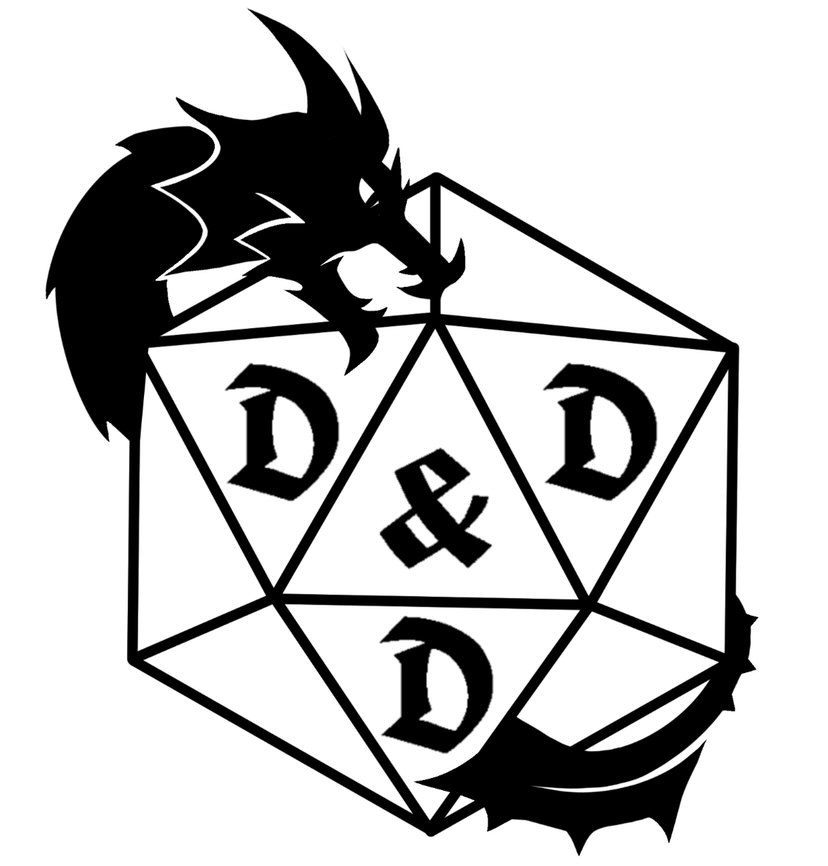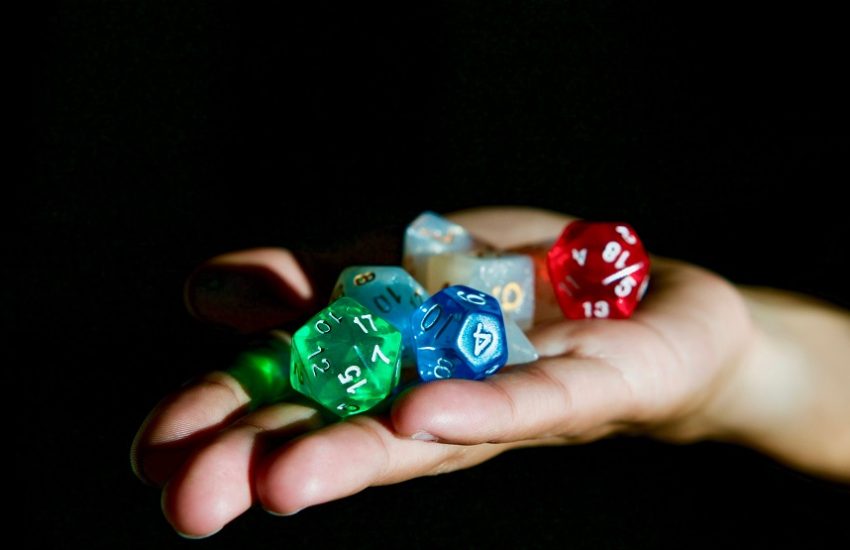If there’s one thing that successful Dungeons and Dragons actual-play shows have in common, it’s solid trust between the DM and their players.
That trust the secret sauce that makes the games in those shows click so much more than your usual D&D session, and, on the other end of the spectrum, the lack thereof is the underlying reason that drop-in games can go so devastatingly wrong.
- Check these out:
It’s not a one-way street, either. I’m not just saying that players need to trust their Dungeon Masters to deliver just and fair rulings — I’m also saying that DMs need to trust their players as well.
Here’s why.
It makes for more constructive arguments
Questioning a DM on a ruling, or a spell, or any number of things in Dungeons and Dragons is unavoidable. There are literally thousands of pages of official source material to reference, not to mention forums, tweets, and updates for when the Rules as Written are not exactly crystal clear.
And that’s fine. One of the joys of D&D is working together to collaborate on your table’s own interpretation of the rules, and how best they can be bent to make for the most enjoyable experience for those involved.
Buuuuut if a player doesn’t trust their DM to deliver fair rulings (because it is their say, at the end of the day), then things can get a little messy.
Solid trust between players and DMs means that they can collaborate towards a fair (and fun!) outcome regarding any particular rule — a lack of trust results in animosity, resentment, and waaay more problems down the line.
It keeps the session moving
It’s not unusual to stop for a few minutes to look up the wording of a spell, or to clarify how D&D physics works. It’s expected. What can really bog a game down, however, is when a player disagrees with something that the DM did, and does not back down when the DM wants to move on.
This is especially problematic if the DM isn’t willing to use the full weight of their title to say something along the lines of: “Look, I’m the DM. We can chat about it after the session is over if you’d like, but for now we’re going with what I said and moving on.”
Of course, the other side of that coin is a DM who doesn’t trust their players, and won’t take any sort of criticism about how they may actually be wrong about the Rules as Written. This will just lead to even MORE arguments down the line, so it truly is a thin line to walk.
It’s impossible to reach higher levels without it
I remember when I first started DMing. I had everyone’s updated character sheets printed out and at the ready, with the intention of keeping track of spell slots, HP, abilities, all that.
I made it about two sessions before giving up that plan entirely.
Now, I was playing with some strangers I met on the internet, so I was obviously worried that I might have a cheater in the bunch. I soon realized that my fears were unfounded, and let my players keep track of their own character sheets.
Now that we’ve reached the higher levels of the game, I’m realizing just how absolutely impossible it would be for me to try to keep an eye on who has used what between any given rest. DMs have to trust that their players are doing the best that they can to keep a handle on their own abilities, and that they’ll be honest when they’ve exhausted their spellslots, run out of ammo, or used up their last wildshape form.
The game literally would not work otherwise.
It makes for a better game
When DMs can fully trust their players, and players fully trust their DMs, that’s when the magic of D&D truly happens.
Believing a player when they say that they can zap the party out of danger in a split second, and players believing the DM when they say that all magical abilities have been stifled without batting an eye — that’s when home games can start to feel truly cinematic, and it’s exactly why successful actual-play shows just feel that much more epic.
At the end of the day, it’s not about voice acting abilities, or powerful weapons, or having the most optimized build (though those things sure can help make for a memorable game); it’s about how strong the trust is between the players and the DM that make for great — or terrible — games of D&D.
But that’s just my two coppers.
- Check these out:

